Date: 19th September
Location: CYCLISIS
Collaborators: Yiannis Karoumpalos (CYCLISIS)
Organization: CYCLISIS
Participants: Eleni Stylianesi, Yiorgos Kolokotronis, Alexandra Koukou, Lambrini Papaprokopiou, Athina Spanou, Nefeli Kandri, Maria Papadiamantopoulou, Aristotelis Lamprinakos, Anastasia Giannakopoulou
Question 1
“Do you think that education about emotions, sexuality, and gender is provided sufficiently to adolescents in Greece? If so, where and how? If not, why not?”
Sufficient provision of education: The reality
In general, there is no adequate provision of training on these issues at all. In Greece, issues around the axis of emotional health and intelligence, sexual education, and gender are approached in the light of conservatism and shame. They become taboo and are absent from discussions in educational and school settings and within family discussions between children and parents. Conservatism prevails in families, which translates into rejection and an inability to allow lessons and activities on these subjects. As a result, there is a fear of parental reactions in the school, which results in a lack of freedom of movement. However, it is important to mention that a large number of teachers oppose such educational interventions and activities and therefore block discussions and present a distorted reality. There are, however, some efforts in recent years, mainly by extracurricular bodies and groups, which attempt to reopen the debate through initiatives to inform, decriminalise these topics and support their educational value.
Question 2
“In your experience or opinion, how can digital technology improve adolescents’ education about emotions, sexuality, and gender?”
Digital technology is easily accessible, especially for young people and teenagers. The digital environment can be more interesting with nice pictures, videos, etc. There is, though, a wealth of material available that may be inappropriate. While there is plenty of material, the content as well as the quality of what is being viewed ought to be controlled. Digital technology can by definition help the educational process on these subjects as it is the tangible reality of children and adolescents. Growing up in a technological and digital age the way of analyzing and recording the information they receive is influenced by the plethora of media. Digital technology, naturally, piques curiosity and becomes intriguing. However, these features lead users, especially children and adolescents, to make incorrect judgements about the validity and reliability of sources. They make incorrect associations and reasoning, considering the most attractive and presentable – in terms of marketing – website to be the most reliable, valid and qualitative. In reality, however, this is a misinterpretation of these characteristics. The educational community must protect children and adolescents without depriving them of the joy of searching and discovery. It must inform children of the risks and equip them with critical and reflective skills. Teachers are able to provide objective information and access to safe and valid websites and digital environments on the one hand and to guide safe navigation on the internet in the light of the pedagogical and informational added value to knowledge on the other hand. The resources that children look for and that stimulate their content can move away from neutrality and acquire a pedagogical dimension, offering a qualitative orientation to knowledge. Digitally uploaded material on issues such as emotions, sex education and gender are found in reputable sources from organisations, pedagogical or health institutions and can lay the foundations for a critical search away from taboos, inhibitions, racist and homophobic attitudes on the basis of individual and collective boundaries to combat and prevent abusive attitudes and hate speech. After all, the main purpose of dealing with the above-mentioned issues is to create future citizens who will act on the basis of inclusion, respect for human rights without exceptions and advocate for the abolition of the rule of privilege at the expense of the weak.
Conclusions
The event highlighted various structural, social, and cultural obstacles that hinder the effective delivery of sexual, emotional, and gender education to adolescents. These challenges include the absence of a well-defined legal framework, inadequate professional training, social stigmatization, and a lack of institutional commitment. There is a clear need to establish a stronger framework for providing education, knowledge, and information on sexual and emotional education issues through policy development.
In this context, Cyclisis attempted to transfer organized and systematized information in an opening to the educational community. The educators who participated in the local event, on the occasion of the E-WISEE project, highlighted the inadequacies of the current educational provision on the above-mentioned topics, offered suggestions, and highlighted focal points regarding the integration and use of digital technology in educational interventions.
This report summarises the discussion held during the Greek Local Event at the Cyclisis office and and laid important foundations for future discussions on the issue of sexual and emotional education. Participants expressed a desire to potentially get engaged in further actions and activities by going deeper into these topics.
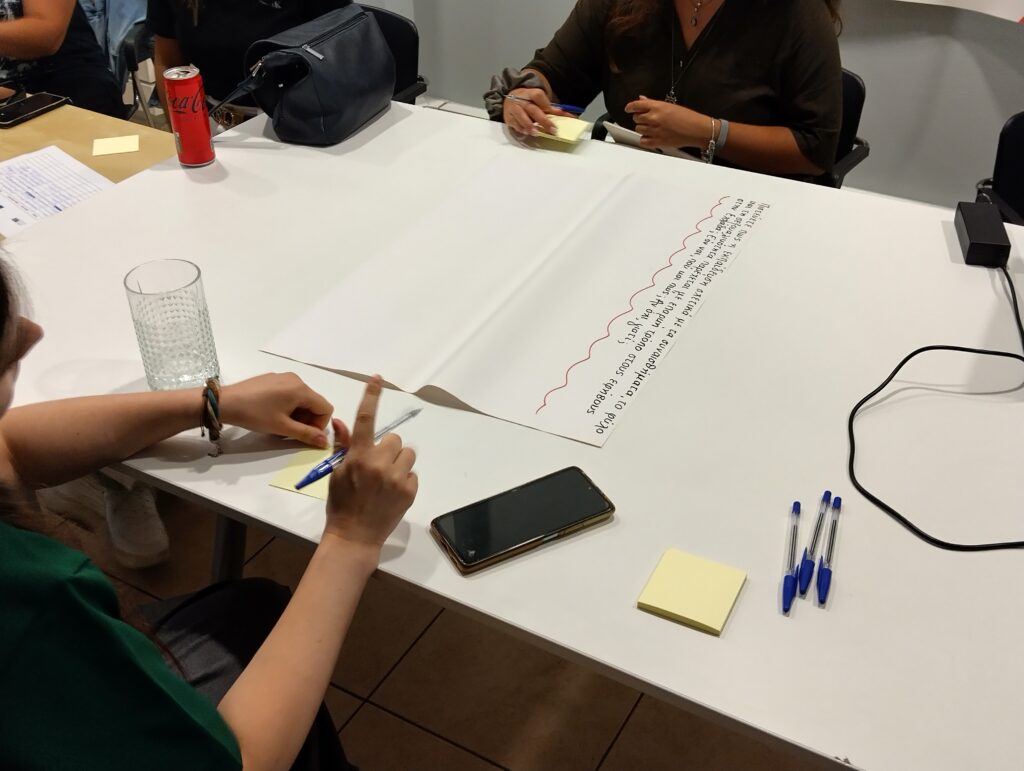
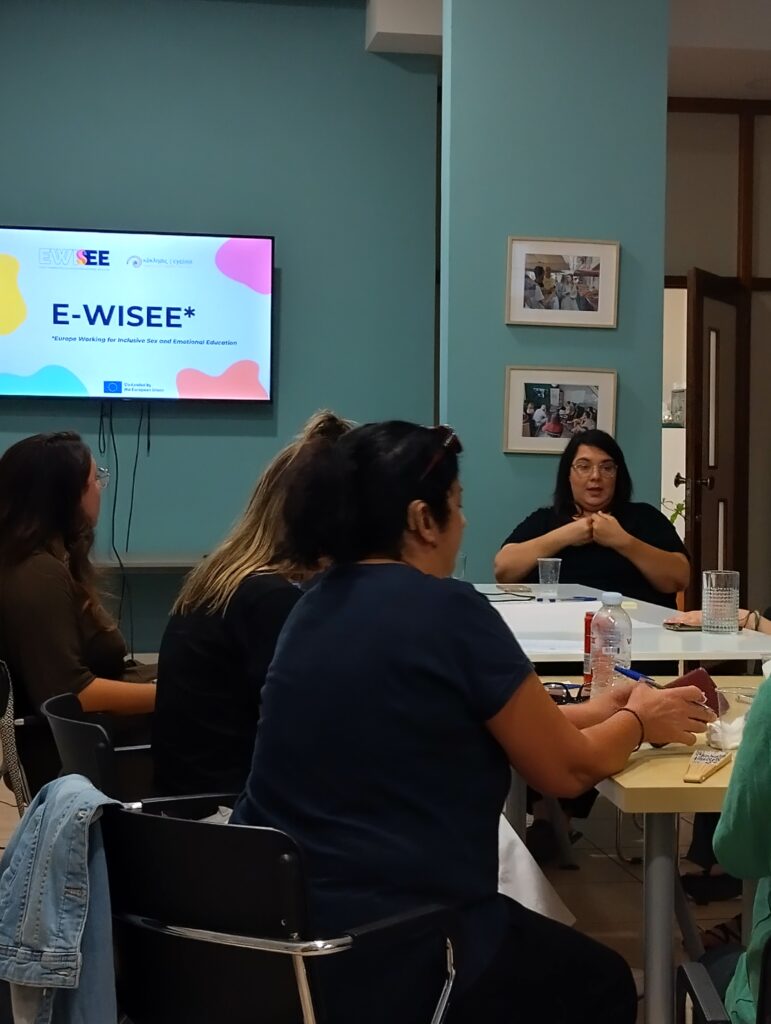
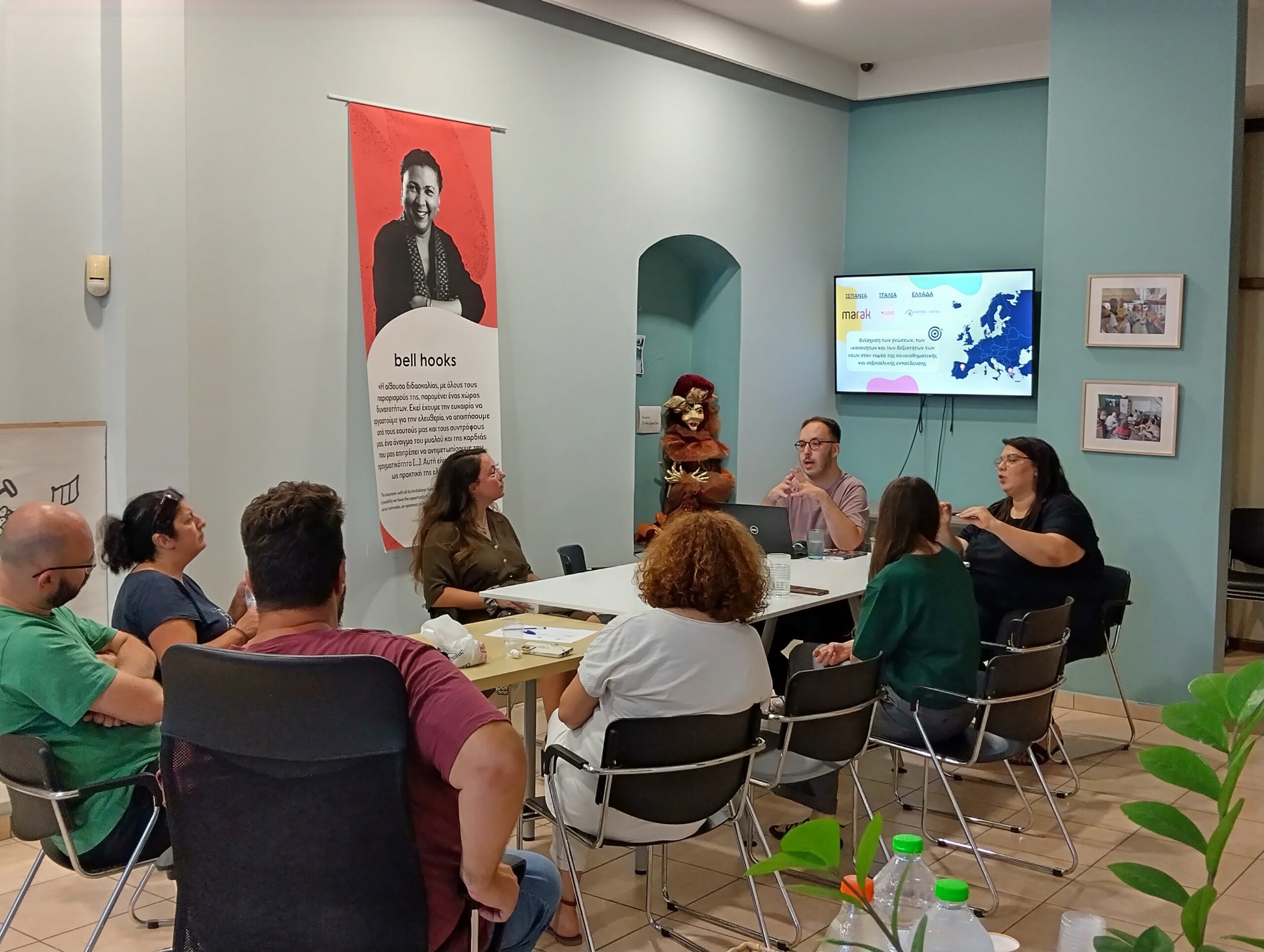

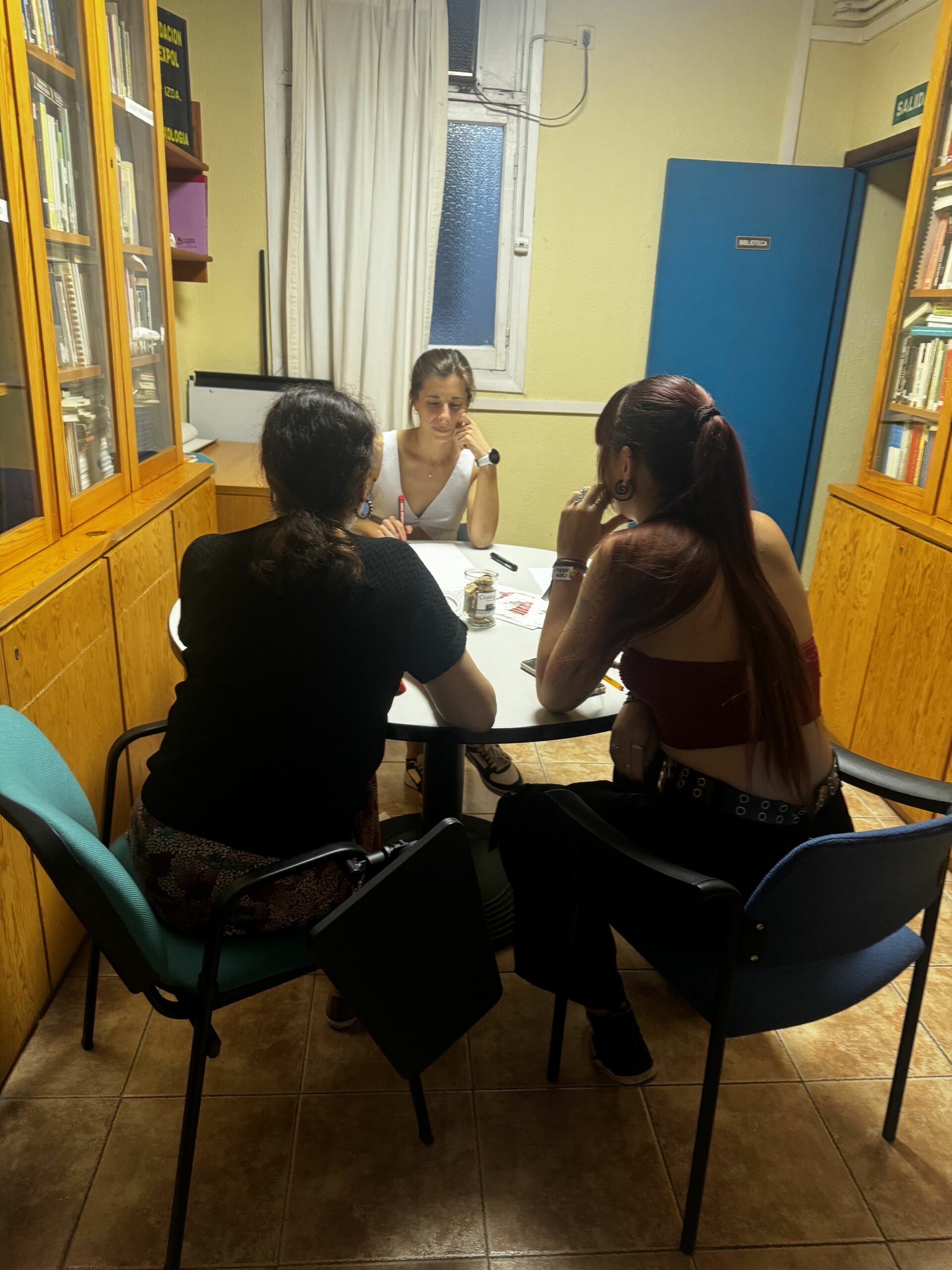
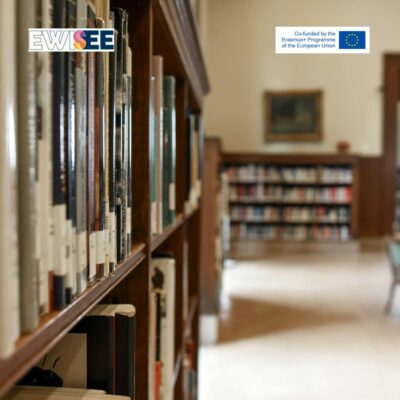
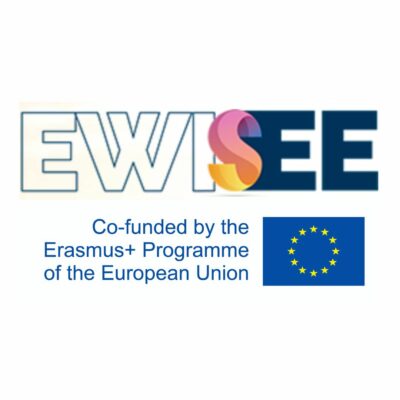
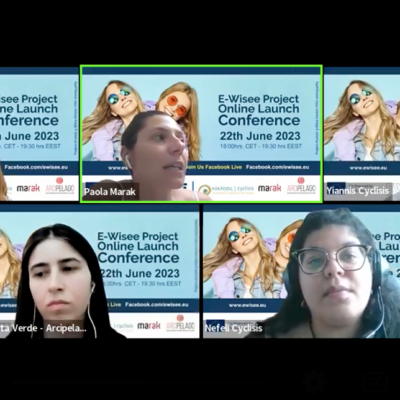
Comments (0)